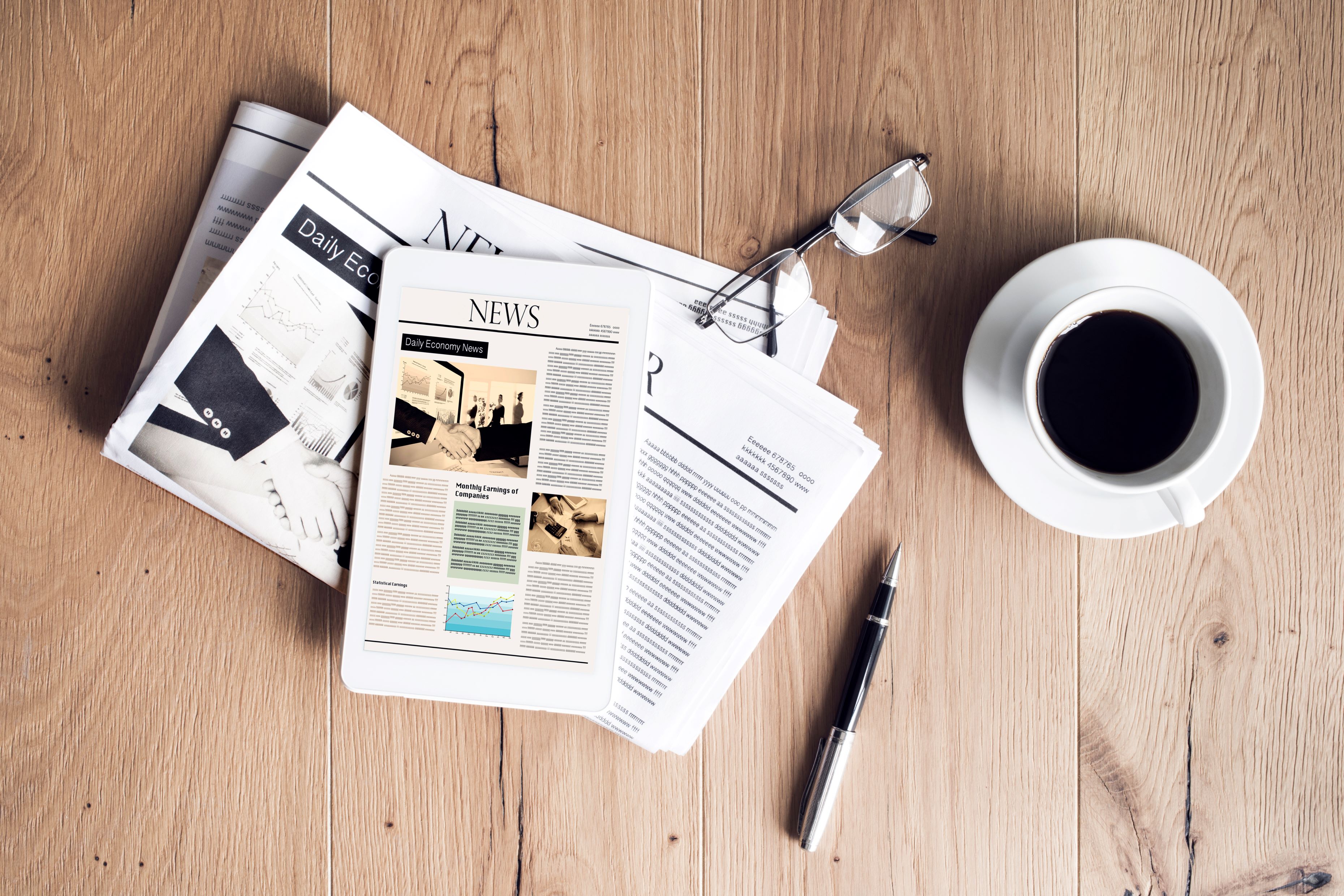
The world of trade, and the rest of the globe, looked to Bletchley Park this week, as world leaders gathered to discuss the threat posed by AI at the first Safety Summit. The event led to the signing of the Bletchley Declaration, agreeing the tech poses “significant risks” and offering early plans for international cooperation as AI firms plough on with its development. Leaders stood for a group pic, but could this be the start of a dystopian sci-fi flick?
At least China and the US were in the same room, getting along.
The big picture: Speaking of China-US relations, US treasury secretary Janet Yellen has reassured Indo-Pacific nations they needn’t choose between the two powers ahead of San Francisco’s Asia Pacific Economic Cooperation Summit later this month. Striking a conciliatory tone, she also downplayed the US’ conscious uncoupling from China amid the ongoing tech trade war. Does this mark a shift in relations or was it just the lingering effects of her last trip east?
Elsewhere on the world stage, the Q3 UK-EU relations tracker revealed a contrast between opposition leader Keir Starmer’s confidence on Trade and Cooperation Agreement (TCA) renegotiations, and the European Commission plans for a light-touch approach to changes.
Good week/bad week: An exciting week for Japanese fisheries. Having never imported Japanese seafood, the US decided to pick up China’s slack amid the Asian nations’ ongoing trade dispute. Reuters reports that the US started bulk-buying fish to supply military personnel stationed nearby. The move is a timely intervention as the WTO recently extended the deadline for China to adopt WTO rules on this issue.
Sour news for the sweet toothed, as the Daily Upside reports the sugar trade is suffering a slowdown. Major producers – the US, Mexico and India – have been hit by bad weather and, in a tragic twist, Brazil, which has had a bumper harvest, can’t shift the sugar fast enough to dampen demand, raising prices. Start stockpiling at betwixtmas before the cost of your favourite treat quadruples.
How’s stat? 2.4% - the fall in German exports recorded for September. In an ominous symbol of the nation’s economic struggles, it was also reported today that work on Hamburg’s new skyscraper was suspended as the developer scrambles for funds to pay construction firms.
The week in customs: HMRC is inviting you to provide feedback on their service offering for businesses looking for support with imports, exports and all things customs related. To contribute, click here.
Quote of the week: “AI knows no borders, and its impact on the world will only deepen.”
UK foreign secretary James Cleverly, speaking after the publication of the Bletchley Declaration.
What else we covered this week: Senior content executive Will Barns Graham explained the IP implications of India and the UK’s ongoing trade talks.
Phil Adnett updated us on the plight of Panama Canal as ongoing El Niño concerns and the region’s driest month (October) limit shipping slots.
Benjamin Roche looked into Tik Tok’s foray into e-commerce, from Indonesia’s ban to cultural barriers stopping sellers securing e-sales.
Keeping with the AI theme, Richard Cree had a tech tête-à-tête with a chatbot, who kindly provided the following contributions to this week’s AI long-read and prompted a rethink on this trade journalist’s luddism.
True facts: Ahead of firework displays this weekend, it’s worth noting that one seemingly unimpeachable US-China trade relationship is on fireworks. China, the world’s biggest exporter, is still selling in big numbers to the US, the world’s biggest importer, at least until someone decides explosives could constitute a national security risk. For more on fireworks, read our deep dive.



